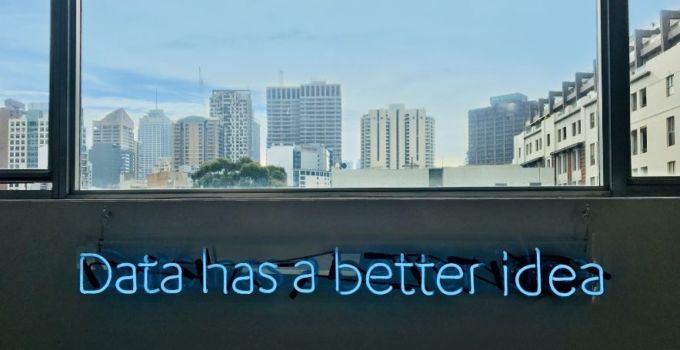Use targeted research to drive measurable cultural change
Our diversity research and analysis services are crucial to effective workforce development and customer outreach. Robust research can be the key to unlocking better representation of the clients, customers or audiences you serve. It can provide the insights needed to target more diverse candidates in your talent pipeline. We’re also champions of good work on Diversity, Equity & Inclusion, so research can set your business out as a standard-bearer of inclusion and belonging—blazing a trail of best practice right across your industry.
Closing the Gender Pay Gap
Out of 9,560 companies reporting in 2020, 8,090 pay men more than women
Neurodiversity in the Workplace
Only 16% of UK adults with autism are in full-time employment
Cross-cultural, intersectional research
Gain actionable insights on key areas of diversity, equity and inclusion
Our research projects are custom-made in line with your requirements and success criteria. Together, we’ll focus on your ability to measure the positive impact of engaging with EDI—to the benefit of staff, customers and service users. We’re especially well-versed in working with public-sector bodies and government departments, including Arts Council England, the NHS and the BBC.
In all our research, we approach diversity cross-culturally and intersectionally. In practice, that means we don’t treat protected characteristics in isolation—we interlink them and consider them alongside other crucial factors like education, class and socio-economic status. This allows us to build a comprehensive picture of where you are now, then provide practical recommendations to take you where you want to be.

Research design and delivery
From data-gathering to senior team presentation – end-to-end diversity research
The breadth and depth of our collective EDI knowledge means we can put your research in the hands of consultants who understand your industry and sector. Some of the aspects of diversity research we cover include:
- EDI research topics, design and methodology
- Key considerations and data segmentation
- Synthesising existing research/monitoring data on your key themes
- Quantitative data – including workforce questionnaires and online surveys
- Qualitative data – including interviews, focus groups and facilitated workshops
- Preparation of research case studies (from your industry and elsewhere)
- Benchmarking and best practice examples
- Action planning (short-, medium- and long-term)
- Report-writing and presentation to steering groups and senior leaders
Tell us about your diversity research requirements
get in touchWhat our clients say
Diversity Research FAQs
Why is diversity research and analysis important in the workplace?
Diversity research gives you the full picture of what’s really happening in your workplace. It highlights areas where you’re doing well and pinpoints where you need to improve. This kind of insight helps organisations make informed decisions, track progress, and focus their efforts where they’ll have the most impact.
What are the key areas of diversity research and analysis?
Key areas of diversity research include workforce representation, employee engagement, pay equity, and inclusive leadership. Quantitative data such as workforce demographics, pay gaps, and recruitment data can provide hard numbers, while qualitative data from employee surveys and interviews reveals deeper insights into workplace culture.
What are the key challenges of diversity research and analysis to overcome?
Some challenges include collecting unbiased data, ensuring confidentiality, and analysing qualitative feedback without letting personal biases skew the results. Ensuring that your data collection methods are comprehensive and include all demographics is also a challenge. Overcoming these challenges requires a careful, methodical approach and often the support of experienced professionals.




